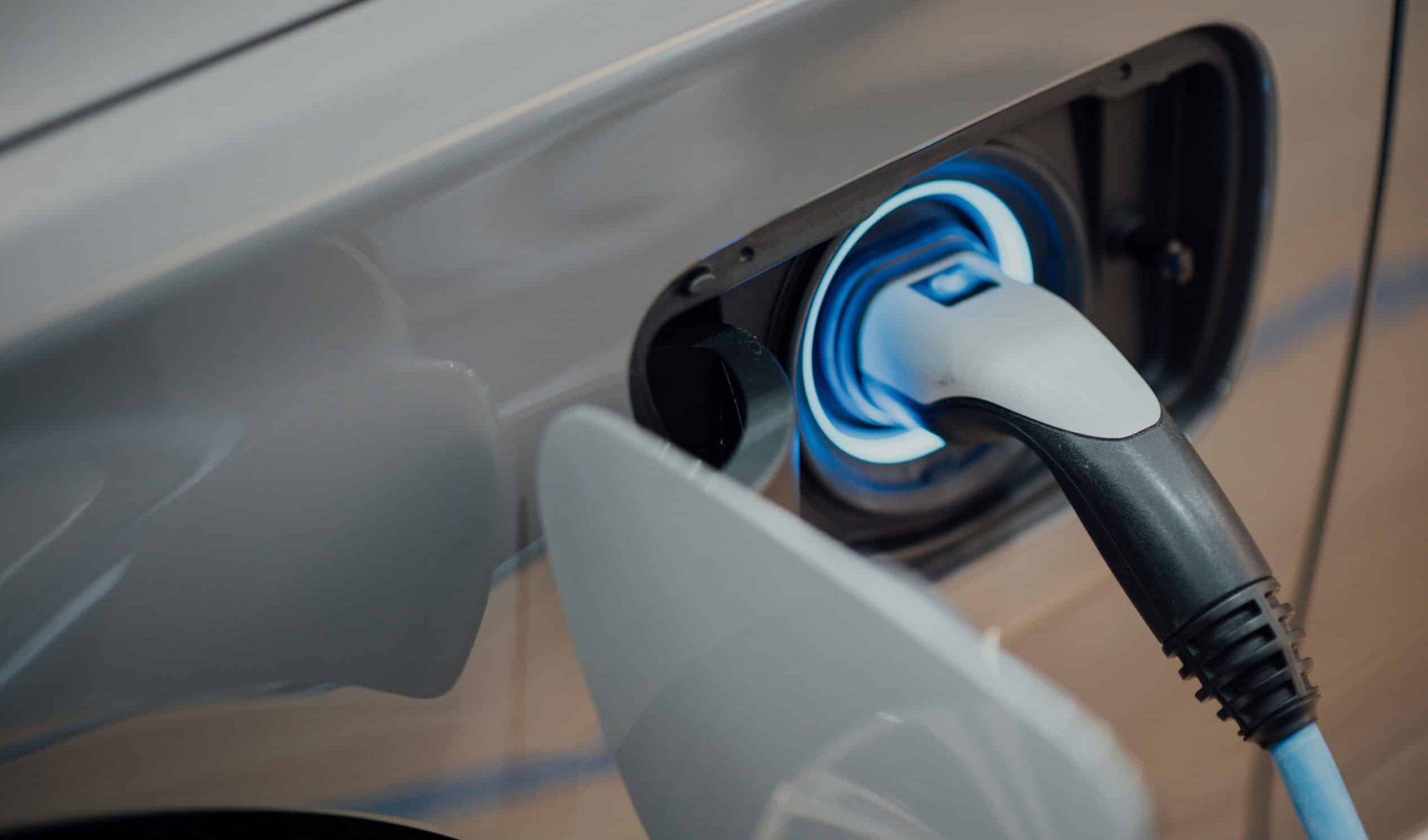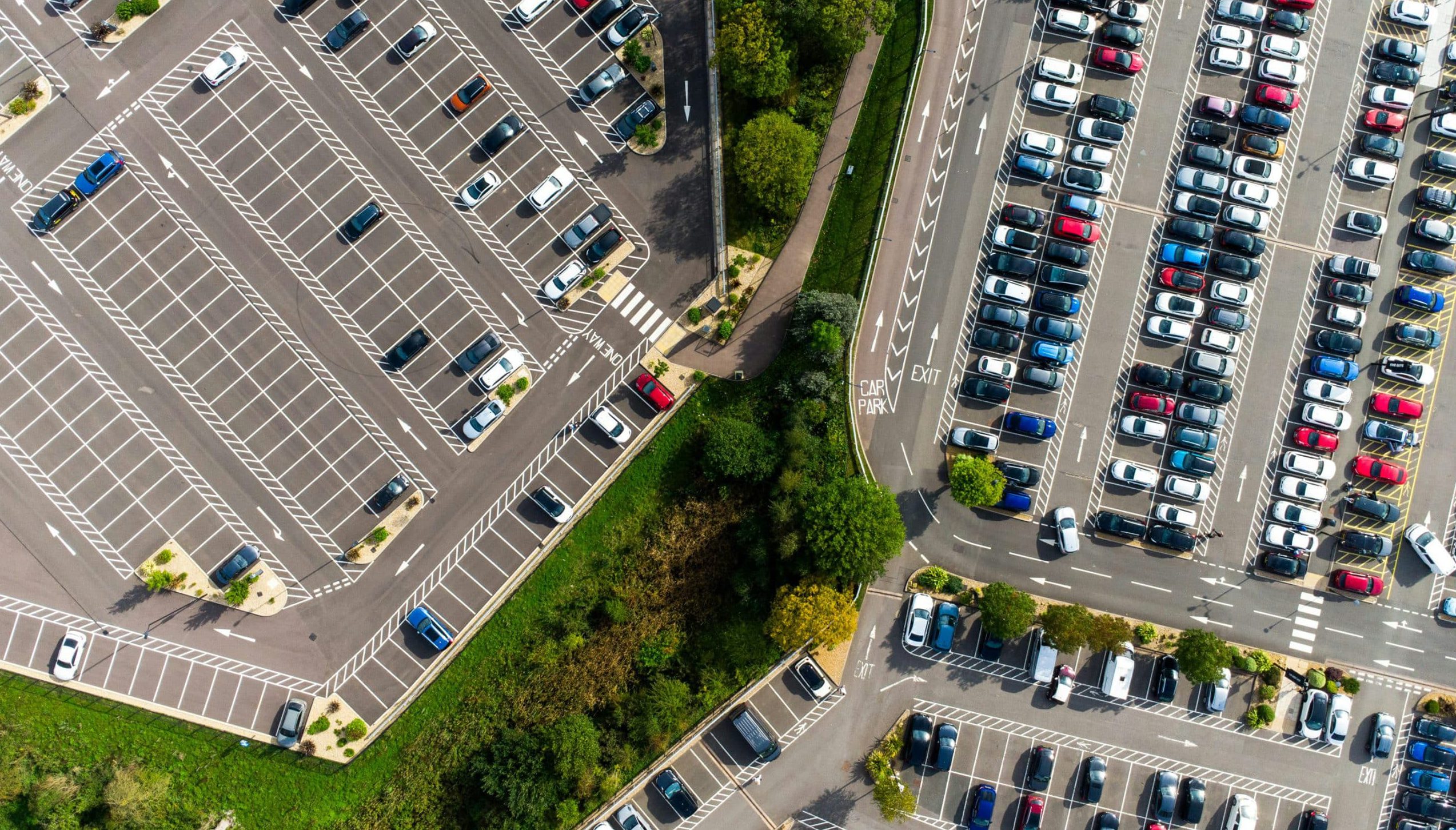The Environmental Benefits of Route Optimisation

We likely don’t have to remind you that today the efficient and reliable delivery of goods for both consumers and businesses is key to customer satisfaction. However, as businesses strive to meet increasing demands and optimal performance, the environmental impact of these operations has come under scrutiny.
Route optimisation has quickly become a go-to for businesses as a solution which addresses both efficiency and environmental concerns.
In this blog post, we will explore why. Outlining the environmental benefits of route optimisation, and shedding light on its potential to revolutionise the logistics industry.
The environmental impact of traditional route planning
Conventional route planning has often been done using paper-based operations and manual management. For many businesses, this has resulted in inefficiencies that contribute significantly to environmental degradation.
This includes high levels of carbon emissions, fuel wastage, and paper documentation – all issues are inherent in traditional logistics practices.
Benefits of eco-friendly logistics
The benefits of running eco-friendly logistics go deeper than positive branding, here are just a few other reasons to consider environmentally friendly route optimisation:
Reduced fuel consumption
Eco-friendly logistics directly translate into reduced fuel consumption, lowering the carbon footprint of transportation operations. Furthermore, optimised routes ensure that vehicles travel the shortest distance possible, saving fuel and reducing emissions.
Emission reduction
By adopting eco-friendly practices, businesses can significantly decrease their carbon emissions. Efficient route planning minimises idle time, decreases traffic congestion, and ultimately contributes to cleaner air and a healthier environment.
Cost savings and improved customer satisfaction
Beyond the environmental benefits, eco-friendly logistics result in cost savings for businesses. Reduced fuel expenses, lower maintenance costs, and improved operational efficiency contribute to the bottom line.
Additionally, customers increasingly value sustainability, making environmentally conscious practices a selling point for many businesses.
Route optimisation: a sustainable solution
Route optimisation harnesses the power of data-driven technologies to transform logistics. Advanced algorithms and real-time data enable businesses to make informed decisions, resulting in more efficient and eco-friendly transportation and fleet management.
Less time spent in traffic
Avoiding traffic jams not only reduces emissions but also cuts down on costs. In 2021, traffic jams cost the transport sector around 1.5 billion euros, factoring in lost time and extra fuel consumption. Utilising route optimisation software, which considers historical traffic patterns, minimises time lost in traffic and significantly reduces unnecessary CO2 emissions.
Efficient distance management
Route optimisation software tackles the common challenge of reducing the total distance vehicles have to travel. By utilising powerful algorithms, the technology can quickly calculate optimal routes, addressing billions of possible combinations that are practically impossible for the human brain to evaluate. This in turn leads to shorter distances travelled, and reduced CO2 emissions.
Adaptability to future needs
To achieve sustainable transport, a flexible approach is essential. Route optimisation plays a crucial role in adapting to anticipated changes, such as new regulations or transitioning to a greener fleet. It enables clear mapping of complex transitions and facilitates scenario comparisons, ensuring informed decisions and smooth adaptation to evolving requirements, such as low emission zones and driving time restrictions for electric vehicles.
Additional eco-friendly practices in logistics and fleet management
In addition to route optimisation, several other eco-friendly practices contribute to a sustainable logistics ecosystem:
Electric Vehicles
The adoption of electric vehicles (EVs) for fleet operations is a game-changer. EVs offer a cleaner alternative to traditional fuel-powered vehicles, reducing greenhouse gas emissions and promoting sustainable transportation.
Fuel alternatives
Exploring alternative fuels, such as biodiesel or hydrogen, presents another avenue for reducing the environmental impact of logistics operations. These alternatives can significantly cut down on carbon emissions and dependence on fossil fuels.
Regular maintenance checks
Routine maintenance checks, such as through daily vehicle checks, not only enhance the longevity of vehicles but also contribute to environmental sustainability. Well-maintained vehicles operate more efficiently, reducing emissions and fuel consumption.
Implementing environmentally friendly routing
To implement route optimisation effectively, businesses can take several actionable steps.
Utilising software and technology such as MaxOptra streamlines the process, making it easier for businesses to integrate eco-friendly practices into their operations.
Data collection and analysis
Firstly, gather data on key information such as your routes, fuel consumption, emissions, and common traffic patterns. Once you have gathered this information, analyse the environmental impact, such as the fuel you are using on a daily basis.
This sets a baseline for your environmental impact, and helps you to identify areas where there can be improvements.
Utilise advanced routing algorithms
Implement a route optimisation solution which has sustainability at its core, notably optimising routes and reducing fuel consumption.
Using advanced algorithms, route optimisation solutions will support you in identifying areas for improvement. Such as unnecessary routes and vehicles which can lead to increased fuel consumption, as well as time, resource, and associated costs.
Employee training
Provide training to all users on sustainable driving practices, including fuel-efficient techniques, and the importance of making the most out of the optimised routes for everyone’s benefit.
Utillise your route optimisation provider’s customer support offering and resources to build this training into a culture of sustainability throughout your business, encouraging employees to actively contribute and understand the benefits of eco-friendly initiatives.
Ongoing monitoring and improvement
With ongoing changes in the logistics landscape, and an increasingly competitive retail environment, it’s essential that all businesses keep on top of their routing results and changes within their industry.
To achieve this, establish a robust process and solution for continuous monitoring of your route optimisation for environmental impact.
Ensure you are regularly assessing the implemented changes, using your solutions reporting tools to analyse key metrics and identify any future opportunities for improvement.
And of course, always stay informed about advances in technology and industry best practices to adapt and enhance your route optimisation strategies over time. You can achieve this through support and resources that a good route optimisation provider will supply.
The road ahead: sustainability in transport
Sustainability in transport is gaining momentum at a rapid rate. And with an increased focus on sustainability alongside technological advancements and regulatory changes, this isn’t something we expect to slow down.
We predict key trends within sustainability in logistics to include green technology such as electronic and autonomous vehicles. However, for those not ready to adopt these vehicles, there is an increased focus on alternative fuel options to decrease polluting emissions, particularly when coupled with route optimisation technology.
In addition, supply chain transparency and circular logistics principles are gaining importance, with a focus on reducing, reusing, and recycling materials throughout the entire supply chain.
We predict that strict regulations, collaborative initiatives, and the integration between different renewable energy sources will further drive sustainability within the sector. And of course, ongoing consumer awareness and demand for eco-friendly practices will continue to influence purchase and order preferences, making sustainability a key aspect for any business involved in logistics.
Next steps
In conclusion, route optimisation offers hope when it comes to suitability in the logistics industry; providing a pathway to efficiency and environmental responsibility.
By adopting eco-friendly practices and making the most of a leading route optimisation solution, businesses not only reduce their carbon footprint but also position themselves as leaders in sustainable business practices.
If you would like to learn more about how you can take a more environmentally friendly approach to your routing needs, why not get in touch with one of our experts?
Maxoptra System
© MaxOptra, 2023. Privacy Policy and Cookies





